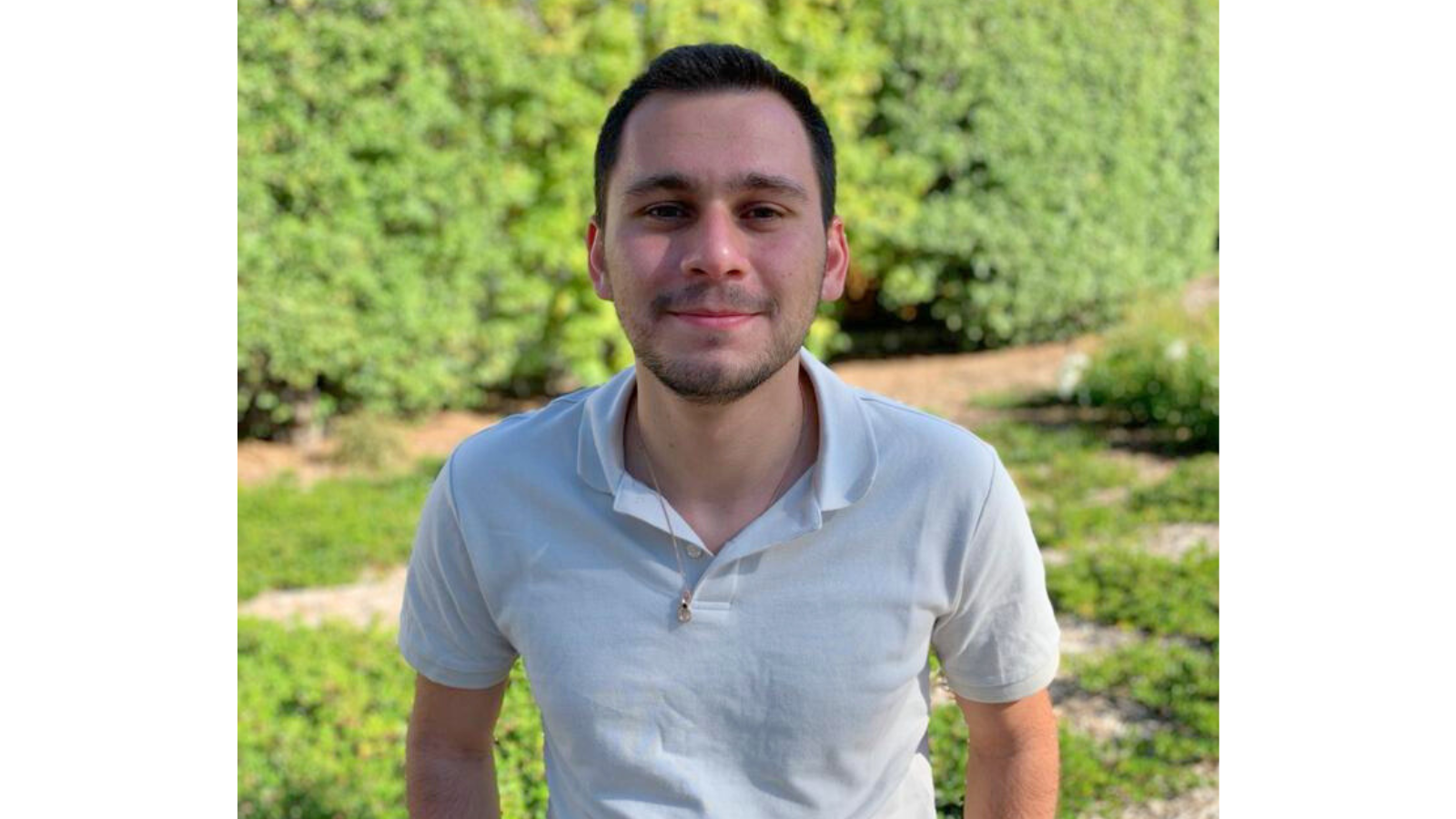Tell us about your background.
I completed my PhD in Computational Mathematics at Stanford University under the supervision of Professor Margot Gerritsen, co-founder and former Executive Director of WiDS Worldwide. I developed traffic flow models that provide a general insight on traffic congestion for various scenarios. For my undergraduate studies, I majored in Applied Mathematics and minored in Economics at the American University of Beirut (AUB).
How did you get interested in data science?
As a computational mathematician, I found it very interesting that many approaches that are often adopted in different subfields of mathematics, such as numerical analysis and scientific computing, are also used in data science.
I have also always been interested in mapping mathematical concepts to real world applications and seeing how many tools that we learnt in mathematics can be found in our daily activities. I believe that Data Science is a field that really highlights the connection between abstract mathematical notions and actual concrete applications.
What are you currently working on?
I am currently an Assistant Teaching Professor of Computer Science and Data Science at Northeastern University in the California Campuses. I teach foundational classes, such as programming, linear algebra, probability and statistics, as well as graduate courses in AI, Machine Learning and Applied Mathematics in general.
How did you you first discover WiDS?
I had heard about WiDS during my undergraduate studies when one of the WiDS conferences was held in AUB. I learned more about WiDS during my first year of graduate school at Stanford through the conference that was held in 2019.
Have you been involved with WiDS since that first experience? If so, in what way?
I have worked with both the Upskill Workshop and Datathon committees. I have also went to every conference at Stanford since 2019. Given my love for teaching, I really enjoyed the experience with the Upskill Workshop committee. It was amazing getting to learn from all the speakers that gave talks ranging from foundational topics to specialized research. I also loved working with the other committee members. Their passion to empower women in the field and come up with ideas to encourage more people to learn about data science, is really inspiring.
How has WiDS made an impact on your life and/or work?
I believe that WiDS’s goal of empowering women in the field of Data Science extended to other individuals as well. As a gay man, I would often feel different and lonely in the field. This can be especially challenging when struggling with understanding new concepts and self doubting whether I can actually accomplish my professional goal of becoming a professor. There weren’t any professors in my area of study that identified as gay men. These feelings were also expressed by women in the field, whether it was my friends or advisors in graduate school. I could really relate to the experiences that many women went through, especially in academia. The representation of minoritized individuals in Data Science really encouraged me to dive into the field further. WiDS helped me find a community that I can relate to and feel supported. It felt okay to struggle as I was not alone. This makes learning much more enjoyable.
I would say the impact of WiDS also extended to my work as one of main professional goals is to support students and know that they are not alone. A lot of us also faced some challenges when joining a new field. We’re all in this together. WiDS also encouraged me to be more outspoken about my identity to encourage other minorities to join STEM fields and see that there are other individuals like them.
What comes next for you? And what are your hopes for women in data science in the future?
I am excited to continue my career as an academic to support many students in their professional careers and guide them to accomplish their goals. I will also continue to work with platforms like WiDS to empower women and other minorities in Data Science. I am looking forward to organizing WiDS events at Northeastern University to contribute in accomplishing the 30×30 goal.
Connect with Nadim Saad.


